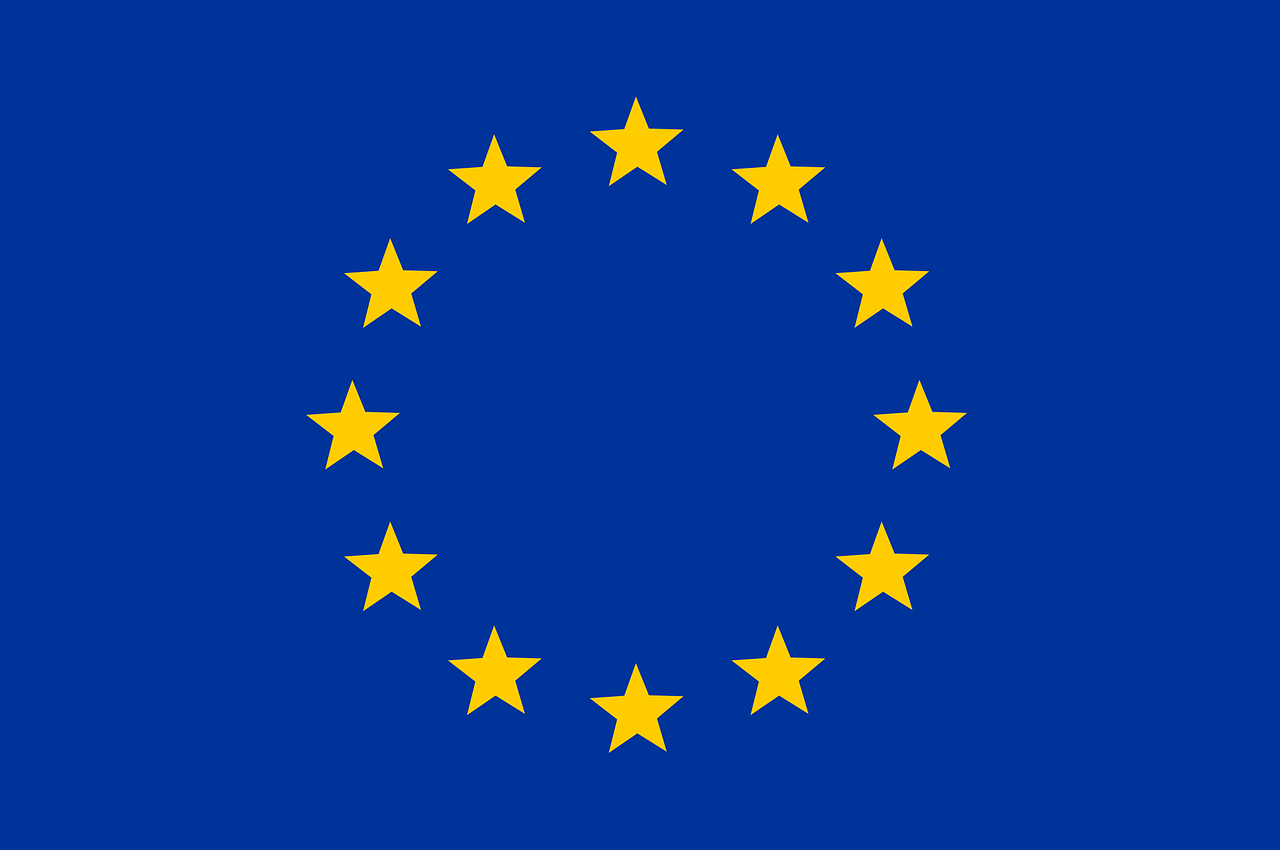
403
Sorry!!
Error! We're sorry, but the page you were looking for doesn't exist.
EU Under Fire for Sanctioning Chinese Firms Over Russia Ties
(MENAFN) China has condemned the European Union’s latest sanctions targeting Chinese entities over alleged support for Russia, labeling the move as groundless and vowing to defend its businesses.
In a statement released Monday, China’s Ministry of Commerce responded sharply to the EU’s decision to impose punitive measures on two Chinese banks and five companies. These entities were added to the EU’s 18th sanctions package against Moscow, introduced Friday, with Brussels alleging they played a role in evading earlier restrictions tied to the Ukraine conflict.
“China has consistently opposed unilateral sanctions that lack a basis in international law and are not authorized by the UN Security Council,” a ministry spokesperson told reporters. The spokesperson warned that the EU’s actions would have significant repercussions for trade, economic collaboration, and financial relations between the two sides.
Calling for an immediate end to what it described as “the erroneous practice,” the ministry pledged to “take necessary measures to resolutely safeguard the legitimate rights and interests” of affected Chinese firms.
The EU specifically named Heihe Rural Commercial Bank and Heilongjiang Suifenhe Rural Commercial Bank, accusing them of offering cryptocurrency services that allegedly undercut the effectiveness of existing sanctions on Russia. This marks the first time Chinese financial institutions have been sanctioned by the EU since the Ukraine conflict intensified in February 2022.
In addition to the Chinese firms, the sanctions sweep targets seven companies based in the United Arab Emirates for allegedly facilitating Russian oil trade or ship management operations.
The package also extends to Nayara Energy, an Indian refinery partly owned by Russia’s Rosneft, which holds a 49% stake.
Brussels further penalized eight companies based in Belarus, claiming they contribute to Russia’s military-industrial capabilities through the supply or production of defense-related technologies. Four Turkish firms were also sanctioned for purportedly exporting dual-use goods that could bolster Russia’s defense sector.
Reacting from Moscow, Kremlin spokesperson Dmitry Peskov characterized the new sanctions as a “double-edged sword,” stating that “each new package adds a negative effect for the countries joining it.” He also asserted that Russia has developed “a certain immunity” to what he called “illegal” Western measures.
In a statement released Monday, China’s Ministry of Commerce responded sharply to the EU’s decision to impose punitive measures on two Chinese banks and five companies. These entities were added to the EU’s 18th sanctions package against Moscow, introduced Friday, with Brussels alleging they played a role in evading earlier restrictions tied to the Ukraine conflict.
“China has consistently opposed unilateral sanctions that lack a basis in international law and are not authorized by the UN Security Council,” a ministry spokesperson told reporters. The spokesperson warned that the EU’s actions would have significant repercussions for trade, economic collaboration, and financial relations between the two sides.
Calling for an immediate end to what it described as “the erroneous practice,” the ministry pledged to “take necessary measures to resolutely safeguard the legitimate rights and interests” of affected Chinese firms.
The EU specifically named Heihe Rural Commercial Bank and Heilongjiang Suifenhe Rural Commercial Bank, accusing them of offering cryptocurrency services that allegedly undercut the effectiveness of existing sanctions on Russia. This marks the first time Chinese financial institutions have been sanctioned by the EU since the Ukraine conflict intensified in February 2022.
In addition to the Chinese firms, the sanctions sweep targets seven companies based in the United Arab Emirates for allegedly facilitating Russian oil trade or ship management operations.
The package also extends to Nayara Energy, an Indian refinery partly owned by Russia’s Rosneft, which holds a 49% stake.
Brussels further penalized eight companies based in Belarus, claiming they contribute to Russia’s military-industrial capabilities through the supply or production of defense-related technologies. Four Turkish firms were also sanctioned for purportedly exporting dual-use goods that could bolster Russia’s defense sector.
Reacting from Moscow, Kremlin spokesperson Dmitry Peskov characterized the new sanctions as a “double-edged sword,” stating that “each new package adds a negative effect for the countries joining it.” He also asserted that Russia has developed “a certain immunity” to what he called “illegal” Western measures.

Legal Disclaimer:
MENAFN provides the
information “as is” without warranty of any kind. We do not accept
any responsibility or liability for the accuracy, content, images,
videos, licenses, completeness, legality, or reliability of the information
contained in this article. If you have any complaints or copyright
issues related to this article, kindly contact the provider above.

















Comments
No comment